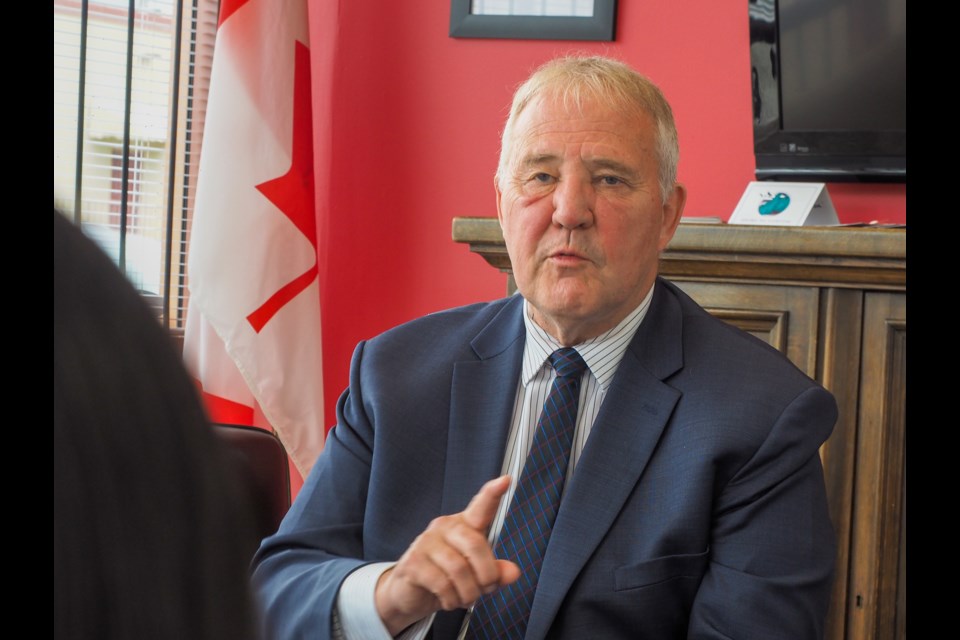The federal government has announced it will give $150,000 in funding over two years to support the Tri-Cities-based Children of the Street Society to help keep young people safe from online predators.
The program, titled "Keeping Children Safe Online," was announced, Friday, June 14, by Minister of Border Security and Organized Crime Reduction Bill Blair, a former police officer now in charge of border security and reducing organized crime.
“The anonymous nature of the internet has emboldened offenders to meet, groom and abuse victims online,” Blair said in a press release. “Having the proper tools and systems in place ensures we are protecting the safety of our kids in the online world.”
The new funding will help Children of the Street to deliver 300 educational workshops to more than 5,300 children and teenagers, targeting young people in schools, youth in custody, teen-parent groups, substance rehabilitation programs, as well as both Indigenous and LGBTQ2 groups.
Diane Sowden, the outgoing executive director of the Children of the Street Society (recently renamed PLEA Community Services following a merger), said the focus on digital predators was borne out of their experience working with kids.
“We found that what was coming up was recruitment online,” she said, “[But] we didn’t have enough time or ability.”
Sowden, who is constantly writing letters and speaking out on the issue, said she went to Ottawa for a conference a few years ago when the idea of prevention came up.
“Children of the Street is a leader when it comes to prevention and education across all of Canada,” she said, adding they were the perfect fit for the federal money. “We’re not starting from zero.”
The current budget pays for about 550 workshops a year already, and while it’s presence is perhaps most widely recognized in the Tri-Cities — the place where it was conceived — the organization has become provincial in scope.
That’s allowed staff to work with Indigenous communities in places like Bella Bella and Bella Coola, where young women and girls can be vulnerable to online predators, she said.
According to the 2016 Uniform Crime Reporting survey, human trafficking has been getting worse across Canada, though more recent data is hard to come by. Still, in that year, one in 100,000 Canadians were trafficked. Of those, half were Indigenous women and girls even though they only made up 4% of the population at the time.
Part of that comes down to the nature of small towns and the desire of young people to see the lights of a big city, Sowden said. Take a place like Williams Lake, she added, where young people are vulnerable to predators from Prince George who connect with them on the internet.
Predators will often offer to buy a young girl a plane ticket out of their town and to come party with them for a weekend, said Sowden.
“We try to get young people to question: ‘Why is this person sending me an airline ticket? Why is this person targeting me to party with them? Why do they want to take me shopping?’” she said.
Now, as the new federal money comes in, the timing couldn’t be more comforting. After 25 years leading the Children of the Street Society, Sowden is stepping away from the organization and into retirement. And with federal funds comes the chance to reach more people.
“There’s always plans to expand,” she said.



